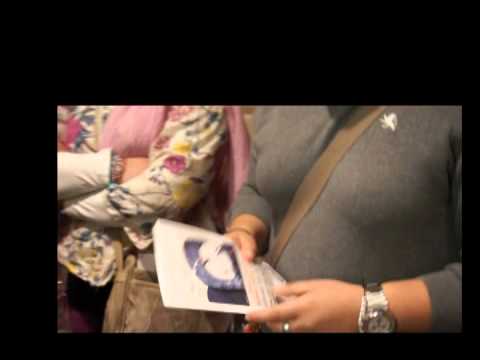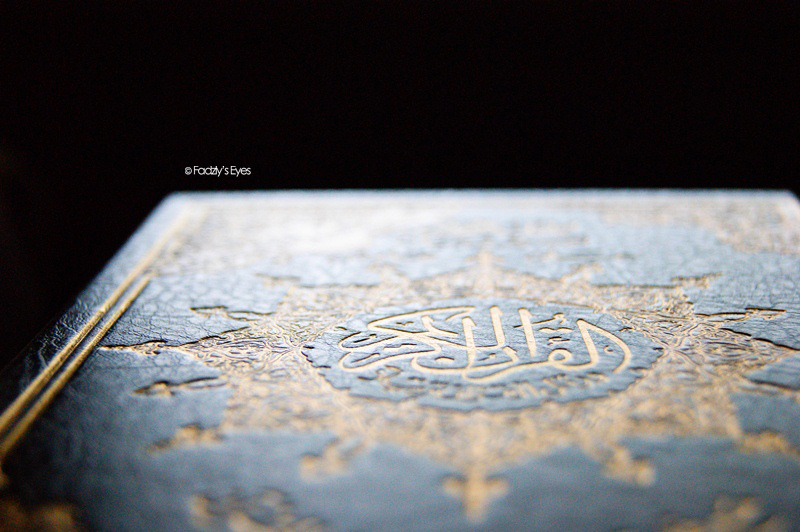Shaykha Fest: Celebrating Female Scholarship in Islam – Part 2
Who better than Dr. Kecia Ali to open the afternoon session with the topic of Gender Justice in Islam? An Associate Professor of Religion at Boston University, and published author of Sexual Ethics and Islam: Feminist Reflections on Qur’an, Professor Ali started by acknowledging the weighty responsibility that comes with framing questions.
Read More

















